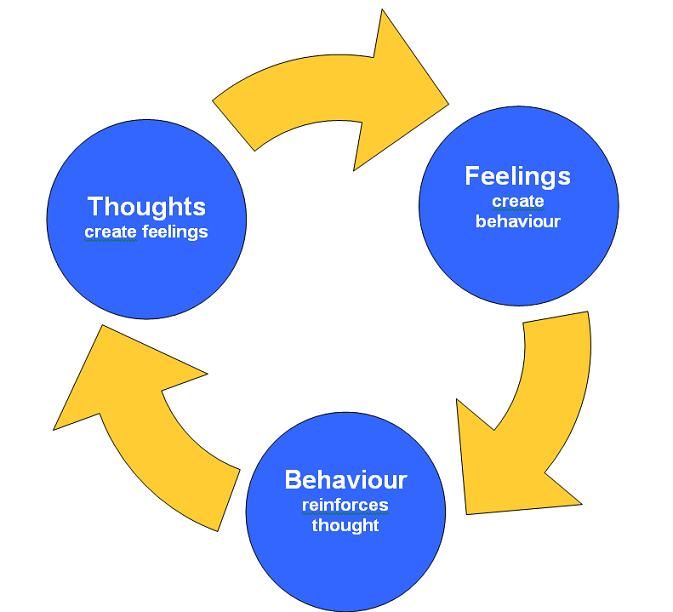Psychotherapy
Many factors are involved in the wide range of response to threat.
Not everyone who experiences a traumatic event will develop Post
Traumatic Stress Disorder (PTSD). Sometimes these symptoms resolve
within a few days or weeks of a disturbing experience. That may
relate to a variety of issues, and could include genetic make-up,
earlier trauma experiences, or even somebody’s family dynamic.
Traumatic early childhood experiences and attachment problems are
well known precursors for someone’s ability to process trauma
successfully. When many symptoms persist for weeks or months, or
when they are extreme, that professional help may be indicated.

Traumatic experiences shake the foundations of our beliefs about
safety, and shatter our assumptions of trust. This is so far away
from what we would expect to feel about certain experiences, that it
provokes reactions in us that feel strange and "crazy". Perhaps the
most helpful thing we can say here is that even though these
reactions are unusual and disturbing, they are typical and
expectable. These are mostly normal responses to abnormal
events.

PTSD Symptoms
Post Traumatic Stress Disorder (PTSD) is the most common diagnostic
category used to describe symptoms arising from emotionally
traumatic experience(s). This disorder presumes that the person
experienced a traumatic event involving actual or threatened death
or injury to themselves or others -- and where they felt as fear,
helplessness or horror. Three additional symptom clusters, if they
persist for more than a month after the traumatic event and
cause clinically significant distress or impairment, make up
the diagnostic criteria.
Clinical Director
Tel: 626-812-0055
email: DrVanZee@Cal-Peds.com
Garry van Zee,
Ph.D, BCBA
Executive
Director
Tel: 626-812-0055
email:
Gvanzee@Cal-Peds.com

